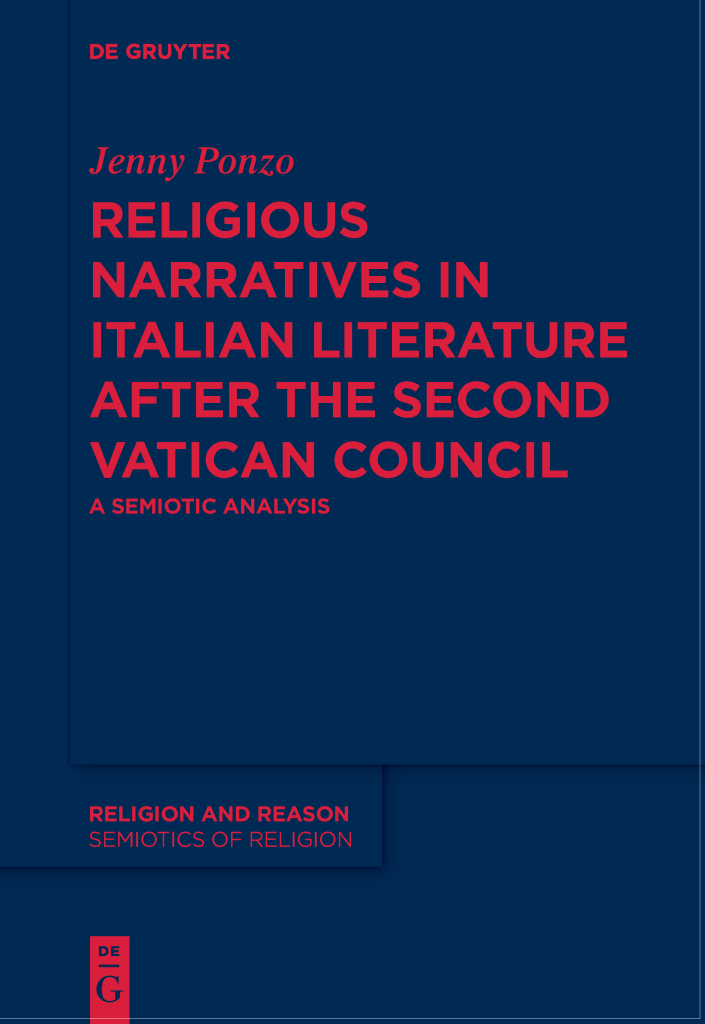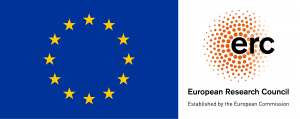Book – Jenny Ponzo (2019) Religious Narratives in Italian Literature after the Second Vatican Council: A Semiotic Analysis (De Gruyter)

Jenny Ponzo (2019) Religious Narratives in Italian Literature after the Second Vatican Council: A Semiotic Analysis (De Gruyter)
The Second Vatican Council (1962-1965) diagnosed the impact of secularization on literature and the arts and proposed a policy of adaptation of the Church’s tradition to the modern world, thus representing a major sign of the deep changes shaping today’s religiosity and culture. Despite growing disenchantment, 20th-century Italian writers often question religion as the provider of existential meaning and social order, and propose new interpretations of religion and the sacred trying to overcome dogmatism and institutionalization. Starting from the Council as a chronological and cultural reference, this work explores how Christian narratives and values are re-elaborated in a wide corpus of Italian novels. The analysis applies a semiotic method that elaborates in an original fashion diverse narrative theories. It sheds new light in contemporary religiosity by tackling recurring issues, such as new and atypical models of sanctity; the semiotic role of the Pope as a character; the theme of the creative power of language; the problem of perfection of artistic form and the borders of human body; the role of liturgy, ritual and religious aesthetics in the narrative texts.
In the Semiotics of Religion series, edited by Massimo Leone, Fabio Rambelli, and Robert Yelle.
More info at https://www.degruyter.com/view/product/476836

